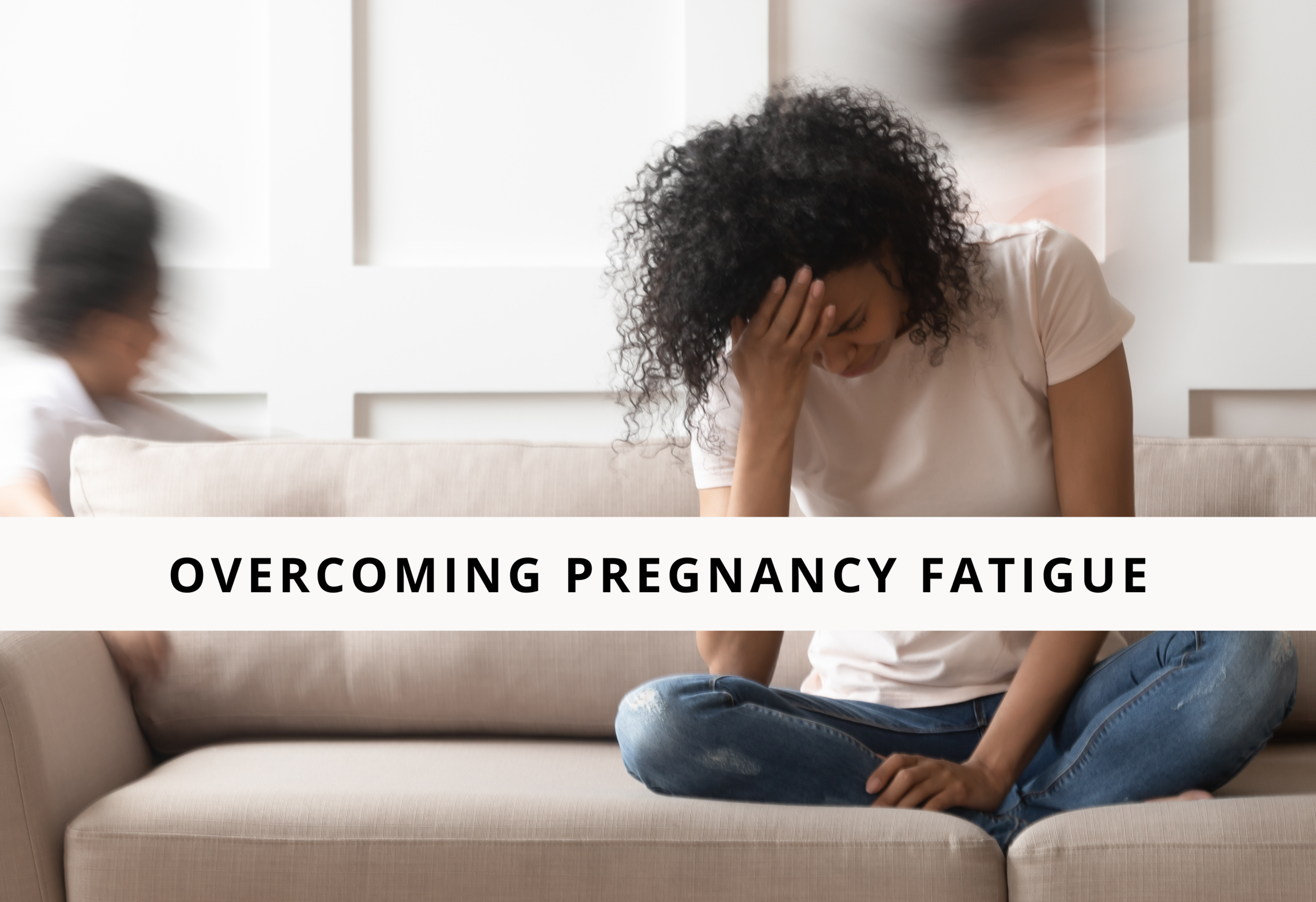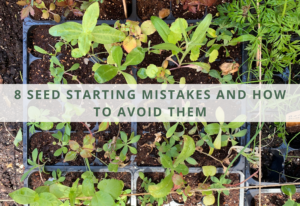Understanding Pregnancy Fatigue
Pregnancy is an incredible journey filled with many changes, and Pregnancy Fatigue is one of the most common companions along the way. Often beginning around five to seven weeks of gestation, this exhaustion can significantly impact your day-to-day life. It’s primarily driven by the natural increase in progesterone, alongside the body’s efforts to support the growing baby. While fatigue is usually a normal part of pregnancy, it’s essential to distinguish it from symptoms of possible underlying conditions, such as anemia or depression, which can also manifest as tiredness.
The hallmark of early pregnancy, fatigue, is a telltale sign your body is undergoing profound changes. Progesterone, known for its sleep-inducing properties, spikes during pregnancy, contributing to feelings of drowsiness. Additionally, your body works harder to pump more blood to support fetal growth, which can leave you feeling drained. Recognizing fatigue as a valid and common experience is the first step toward managing it effectively.
Pregnancy Fatigue, particularly in the first trimester, is a common experience, with many finding relief around the 12-week mark. It’s a time to lean on your support network and prioritize your well-being. Remember, acknowledging and addressing fatigue is not only vital for your health but also for the healthy development of your baby. With the right strategies and support, you can navigate this symptom more comfortably and enjoy the journey of pregnancy with more energy and less stress.
How to Alleviate Pregnancy Fatigue
Rest and Nap: Listen to your body. If you’re tired, allow yourself a daytime nap or ensure you get ample rest, adjusting your schedule as needed. You are growing a whole new human being! It is okay if you need some extra rest sometimes.
Delegate and Modify: Don’t hesitate to ask for help with household chores or to modify your busy schedule. Your well-being and that of your baby are priorities.
Stay Active: Engaging in 30 minutes of daily exercise, such as walking or low-impact aerobic activities, can help boost your energy levels and improve your mood.
Nutrition Matters: A diet rich in protein and iron supports energy levels. Eating small, frequent meals throughout the day can also help maintain stable blood glucose levels, combating fatigue. Learn more about how Iron can help nourish you and your baby.
Hydration: Drinking plenty of fluids is crucial as dehydration can exacerbate feelings of tiredness.
When To Call The Midwife
While fatigue is typically a normal aspect of pregnancy, certain signs necessitate a call to your midwife, especially if you suspect fatigue might be due to more than just pregnancy changes:
Persistent or Severe Fatigue: If rest and lifestyle adjustments don’t alleviate your tiredness, or if fatigue continues past the first trimester without improvement.
Symptoms of Anemia: Including dizziness, shortness of breath, unusually pale skin, or weakness.
Signs of Depression: Such as persistent sadness, apathy, significant changes in sleep patterns (either insomnia or excessive sleeping), irritability, or a noticeable lack of energy and motivation.
FAQs about Fatigue in Pregnancy
1. Why am I so tired all the time during pregnancy?
Fatigue is a common symptom in pregnancy, especially during the first trimester. It’s primarily due to the significant hormonal changes your body undergoes, particularly the increase in progesterone, which can make you feel unusually tired. Additionally, your body is working harder to support the developing fetus, including increased blood production and metabolic changes, contributing to feelings of exhaustion.
2. Is it normal to still feel tired in the second trimester?
While many people find that their energy levels improve in the second trimester, it’s not uncommon to experience ongoing fatigue in pregnancy. Pregnancy affects everyone differently, and factors like your activity level, diet, and sleep quality can all influence how tired you feel. Persistent fatigue, however, should be discussed with your healthcare provider to rule out other causes like anemia. You can ask your midwife or health care provider to run a CBC and Ferritin to learn more about your bloods health.
3. What can I do to combat Pregnancy Fatigue?
To help manage fatigue:
- Rest: Listen to your body and rest when you can. Short naps and going to bed early can help.
- Exercise: Regular, mild exercise, such as walking or prenatal yoga, can boost your energy levels and improve sleep.
- Nutrition: Eating a balanced diet rich in iron and protein can help combat tiredness. Small, frequent meals can maintain steady energy levels.
- Hydration: Staying well-hydrated is key to feeling more awake and alert.
4. Can Pregnancy Fatigue harm my baby?
No, fatigue itself won’t harm your baby. It’s a natural response of your body to the demands of pregnancy. However, it’s important to address the underlying causes of excessive tiredness with your healthcare provider to ensure both your and your baby’s well-being.
Additional Resources about Pregnancy Fatigue
- First Trimester Fatigue from Johns Hopkins Medicine
- Fatigue During Pregnancy from The American Pregnancy Association
- Fatigue and sleep quality in different trimesters of pregnancy
- Learn more about Common Pregnancy Discomforts





